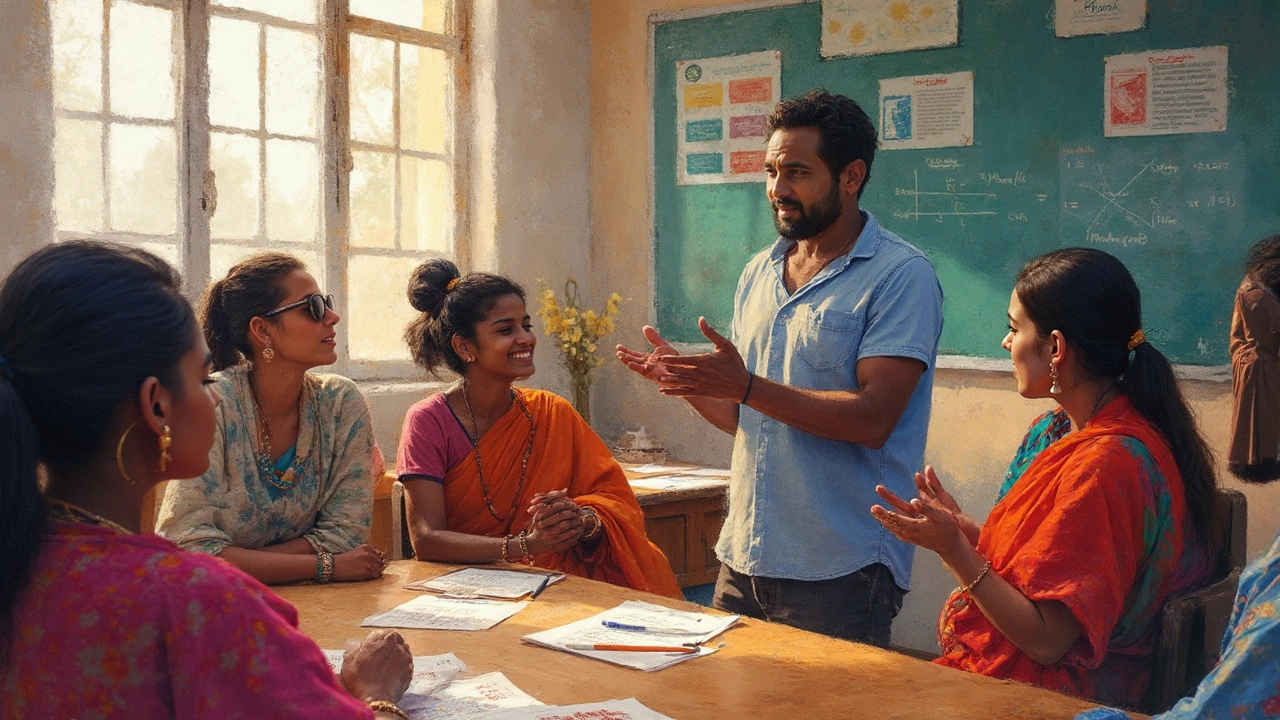Teacher Certification: Your Fast‑Track to a Teaching Career
If you’re thinking about becoming a teacher, the first badge you need is a teacher certification. It’s the official proof that you’ve got the knowledge and skills to handle a classroom. Without it, most schools won’t let you teach, and your salary prospects stay low.
In India, certification is required for primary, secondary, and special‑education roles. Different states have slightly different rules, but the core idea is the same: you must clear a set of exams, finish a teacher‑training program, and often do a short practicum.
Steps to Get Certified
1. Check eligibility. You usually need at least a bachelor’s degree in the subject you want to teach. Some states accept a B.Ed. degree, while others let you enroll in a diploma if you have a relevant BA or BSc.
2. Enroll in a recognized teacher‑training program. Look for courses approved by the National Council for Teacher Education (NCTE) or the state’s education department. These can be full‑time, part‑time, or even online.
3. Study for the certification exam. Most exams cover pedagogy, child psychology, classroom management, and subject‑specific content. Past papers are a gold mine – practice them until the format feels familiar.
4. Complete the practicum. You’ll spend a few weeks in a real classroom under a mentor teacher. It’s the only time you can see theory in action and get feedback.
5. Apply for the certificate. Submit your exam results, training certificates, and practicum report to the state education board. After verification, you’ll receive your official teacher‑certification letter.
Best Online Certification Courses
Online options have exploded, especially after the pandemic. Here are three platforms that consistently rank high for teacher certification in India:
1. NPTEL’s B.Ed. (Online) – Runs under the Ministry of Education, offers live lectures, assignments, and a final exam that counts toward the NCTE‑approved B.Ed. degree.
2. Coursera – Teacher Training Specialization – Partnered with universities abroad, you earn a certificate that’s accepted by many Indian schools when combined with a local B.Ed.
3. EduBridge – State‑Specific Certification Prep – Focuses on state board exams (like UPUPSC, Maharashtra’s TET) with mock tests and a short practicum slot in partner schools.
All three let you study at your own pace, which is perfect if you’re juggling a job or other commitments.
Beyond the formal steps, a few practical tips can save you time and stress:
- Start early. Begin exam prep at least three months before the test date.
- Join a study group. Discussing topics with peers often clears doubts faster.
- Use real‑classroom videos. Watching seasoned teachers handle tricky situations gives you ready‑made strategies.
- Keep a teaching journal. Jot down what works during your practicum – future interviewers love concrete examples.
Once you’ve cleared the certification, doors open. You can apply for government school positions, private school jobs, or even start tutoring online. Certified teachers also earn higher pay scales and get access to professional development funds.
In short, teacher certification is the passport you need to step into the classroom with confidence. Choose a recognized training program, ace the exam, and keep learning – the education field rewards those who stay current. Ready to start? Pick a course that matches your schedule, grab past papers, and set a study timetable. Your future students are waiting.
Aspiring educators embark on a transformative journey as teachers in training, equipping themselves with vital skills and knowledge for their future classrooms. This process involves a blend of practical experience, mentorship, and educational theory. The goal is to prepare teachers who are confident and effective in delivering quality education. Acknowledging the challenges and opportunities faced during this journey is crucial for success.
